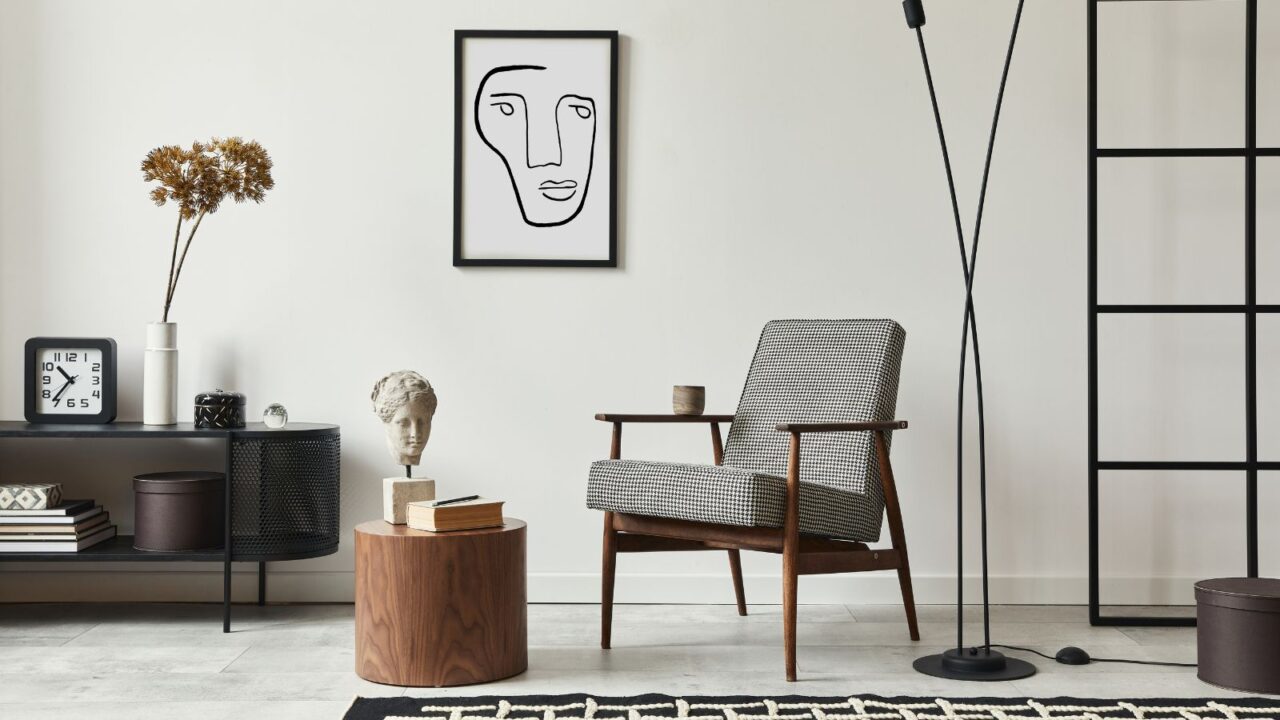
Scandinavian Minimalism
Scandinavian Minimalism significantly influences design by promoting simplicity, functionality, and harmony. It encourages creating spaces and products that are neither excessive nor lacking, but just right.
Thus, it promotes a sense of balance and thoughtful restraint in both aesthetics and practicality. Paired with Scandinavian design, which prioritizes eco-friendly materials, they go well together.
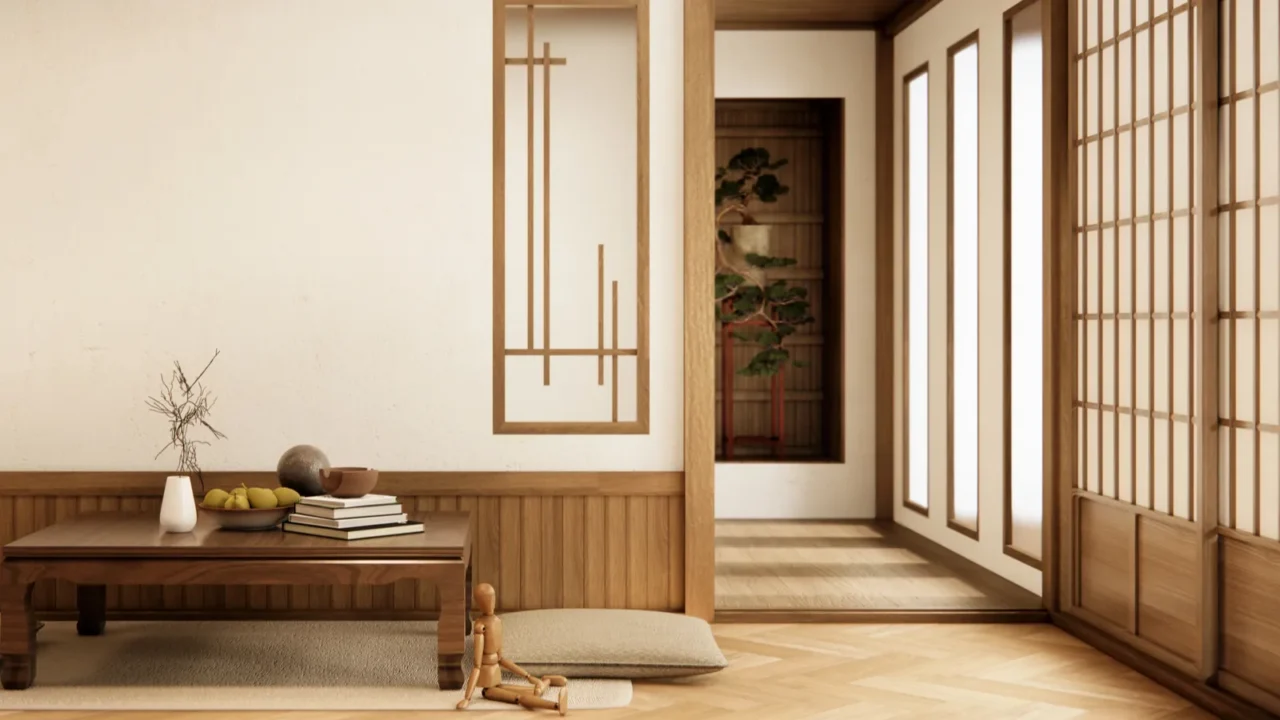
Japanese Zen
One of the most effective ways Japanese culture has shaped modern decor is by incorporating traditional pieces in current designs. This aesthetic represents mindfulness, stability, and a connection to the environment, shaping contemporary design worldwide.
It focuses on craftsmanship and appreciates simplicity and imperfection in its design. Traditional materials such as paper, bamboo, and wood are commonly used to achieve both elegance and functionality.
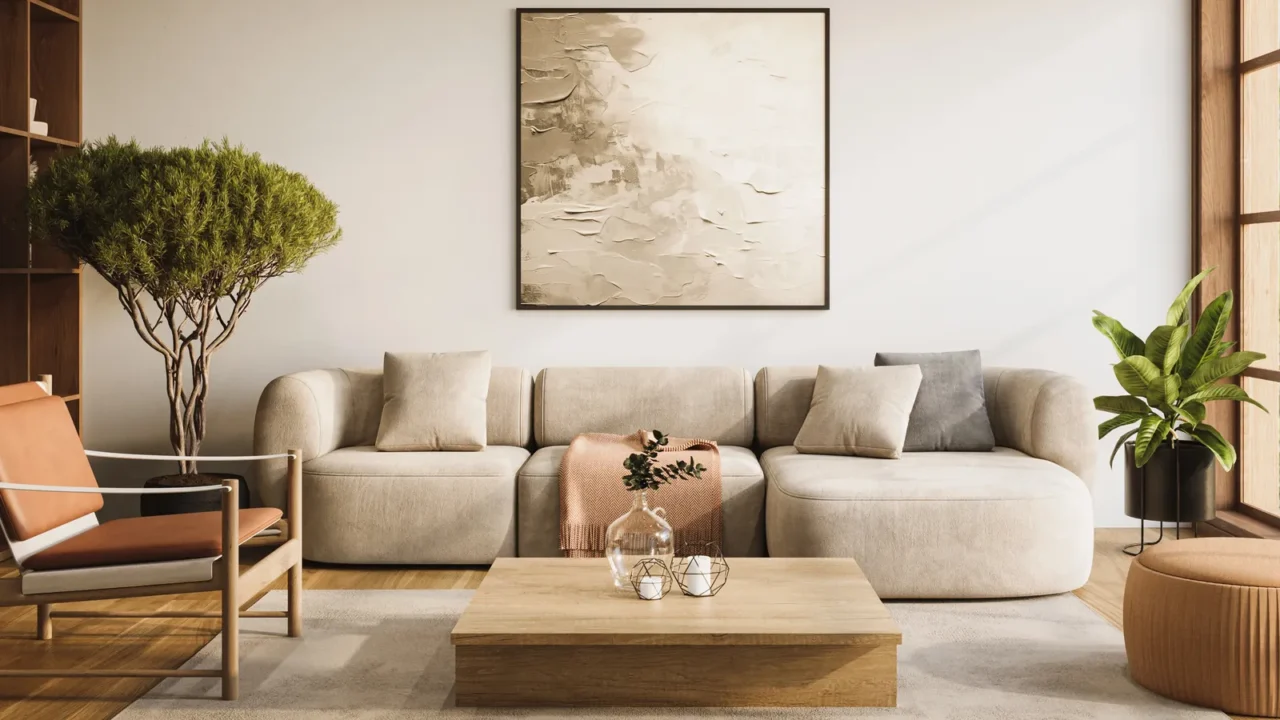
Mediterranean
This design, which was influenced by coastal areas, has open, light areas with wooden flooring, whitewashed walls, and accents of natural elements.
A comforting palette is created with earthy hues for a cohesive and modern look. This style combines classic beauty with the ease to bring up a carefree, bright way of life.
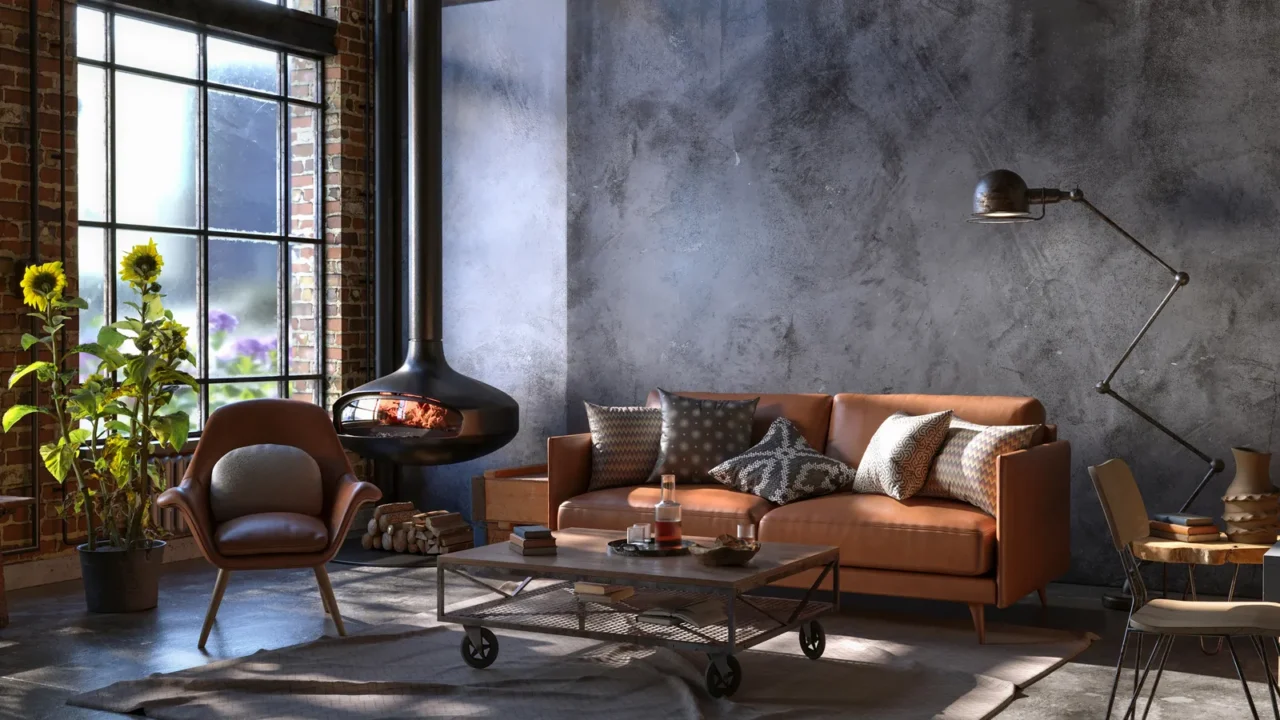
Industrial
Industrial culture blends raw, practical aesthetics with modern design. Metal beams, exposed brick walls, and concrete floors, once found in factories, are now common in minimalist spaces and city lofts.
Open floor plans, inspired by industrial layouts, promote functionality and spaciousness. This movement reflects reusing materials, embracing authenticity, and pursuing sustainability.
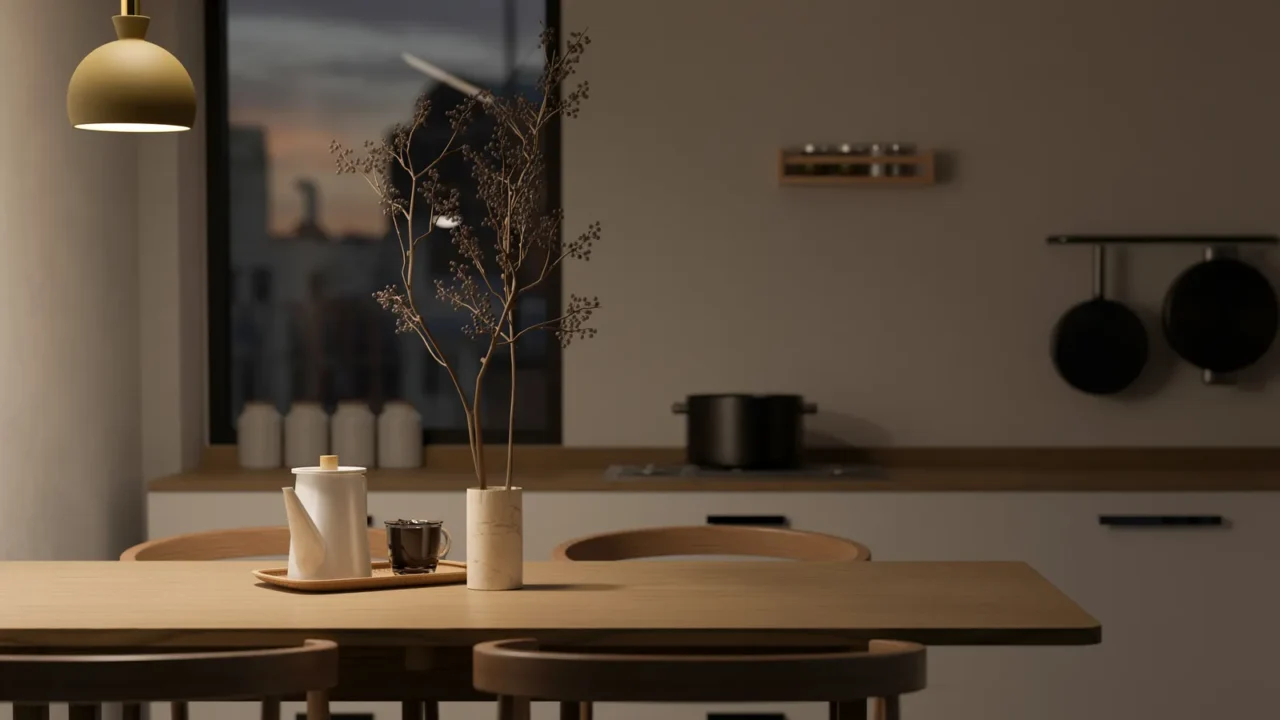
Mid-Century Modern
Natural shapes, straight lines, practical furniture are trademarks of this design. along with Vintage hues like mustard yellow, olive green, and teal are used with modern furnishings.
Large windows, open layouts, and a mix of metal and wood create a timeless and cheerful aesthetic. Current interiors are still influenced by mid-century modern design, which evokes a suitable harmony between form and function.
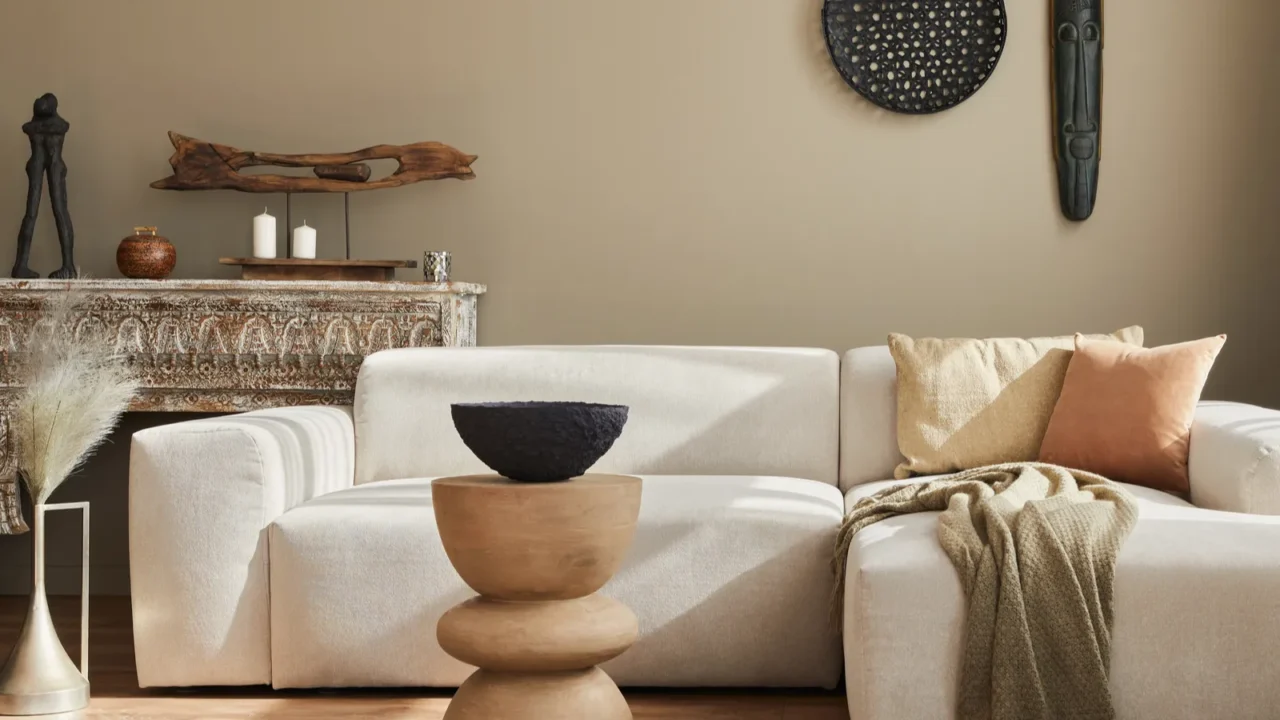
Moroccan
Moroccan culture’s rich colors, elaborate patterns, and exotic materials have greatly influenced present house décor.
This design blends warmth and luxury to create a timeless style with a worldly touch, transforming modern spaces into immersive havens. Such exotic elegance is evoked with carved wood furnishings, Moroccan-inspired centerpieces, or shelves. The look can be further enhanced by mosaic accents, layered rugs, and metalwork.
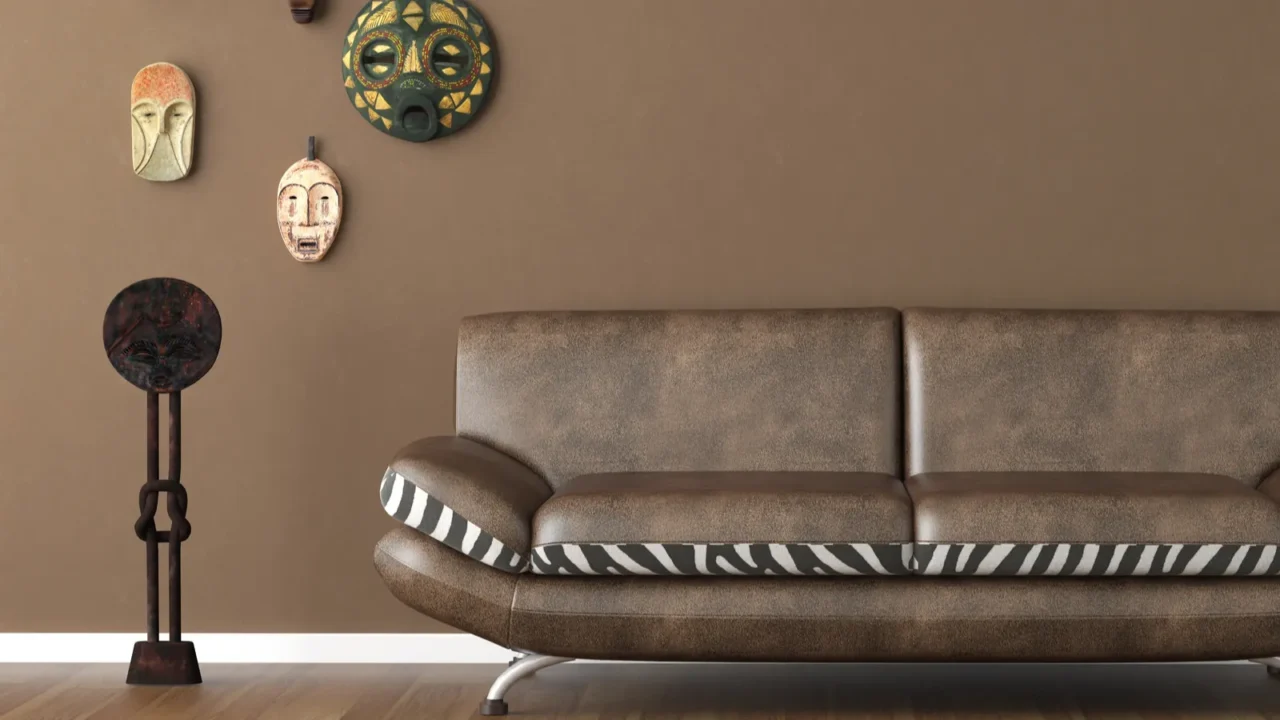
African
African culture is known for its Rich brown hues that create a homey, earthy atmosphere. the Tribal designs, geometric patterns, and handwoven textiles add visual appeal and cultural depth.
Animal designs, woven baskets, and clay ceramics all enhance the aesthetic while paying homage to Africa’s rich history. Interiors seem comfortable, textured, and culturally rich thanks to this design style, which blends modernity and authenticity to create a timeless, globally inspired aesthetic.
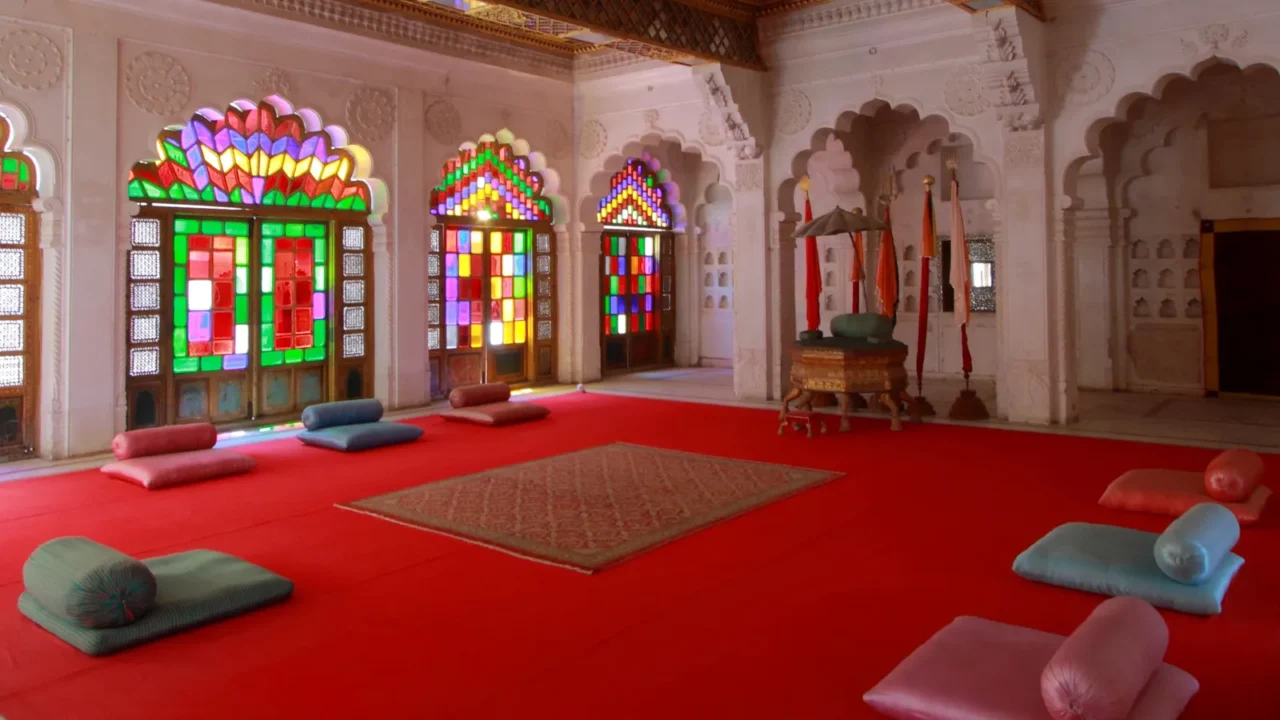
Indian
India has a very distinct culture. A striking, luxurious look can be created by simply making use of rich colors like royal blues, deep reds, and gold. India’s intricate carvings, embroidered linens, and handcrafted furniture all showcase the country’s artisanal heritage.
Features like brass accents, mirrored surfaces, and silk pillows can offer that touch of culture, without making any big changes.
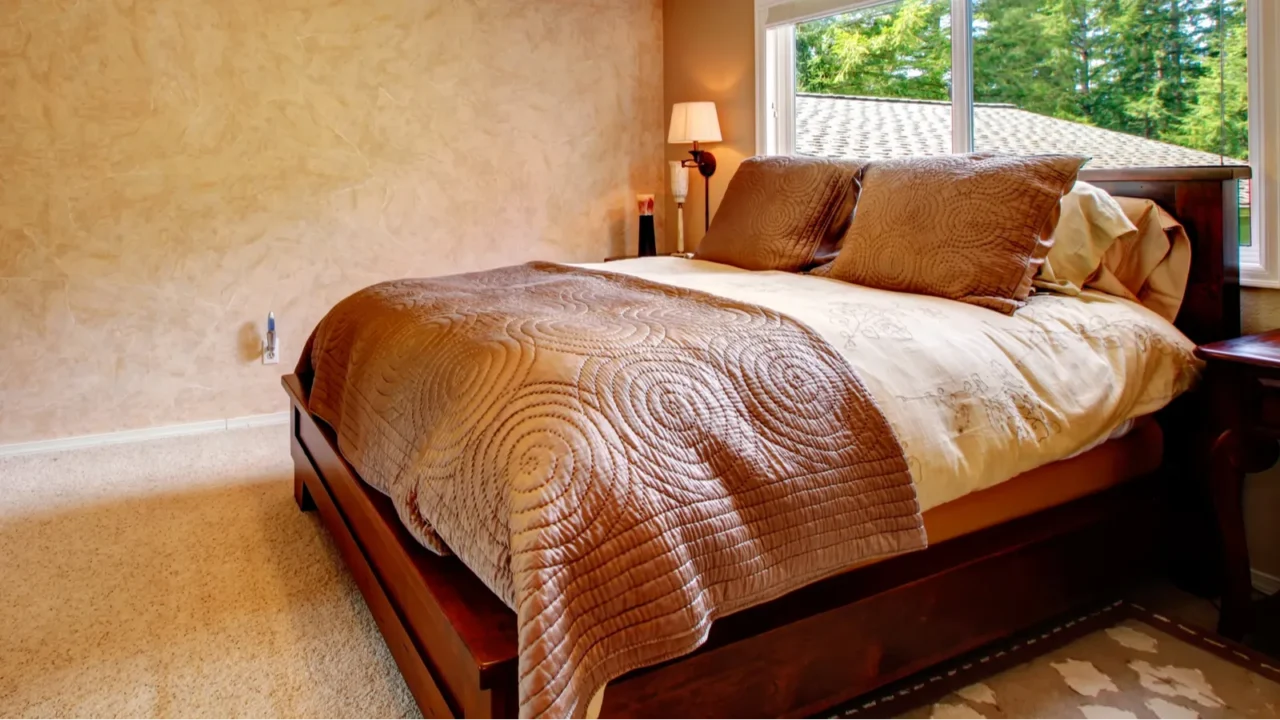
French Country
French country culture combines elegant simplicity with rustic appeal. Lavender, cream, and sage green are examples of soft colors that produce a calming, welcoming atmosphere.
A feeling of classic authenticity is evoked by exposed beams, stone accents, and distressed wood furnishings. Cozy fabrics like cotton and linen add to the lived-in vibe of this design, which places an emphasis on comfort and practicality.
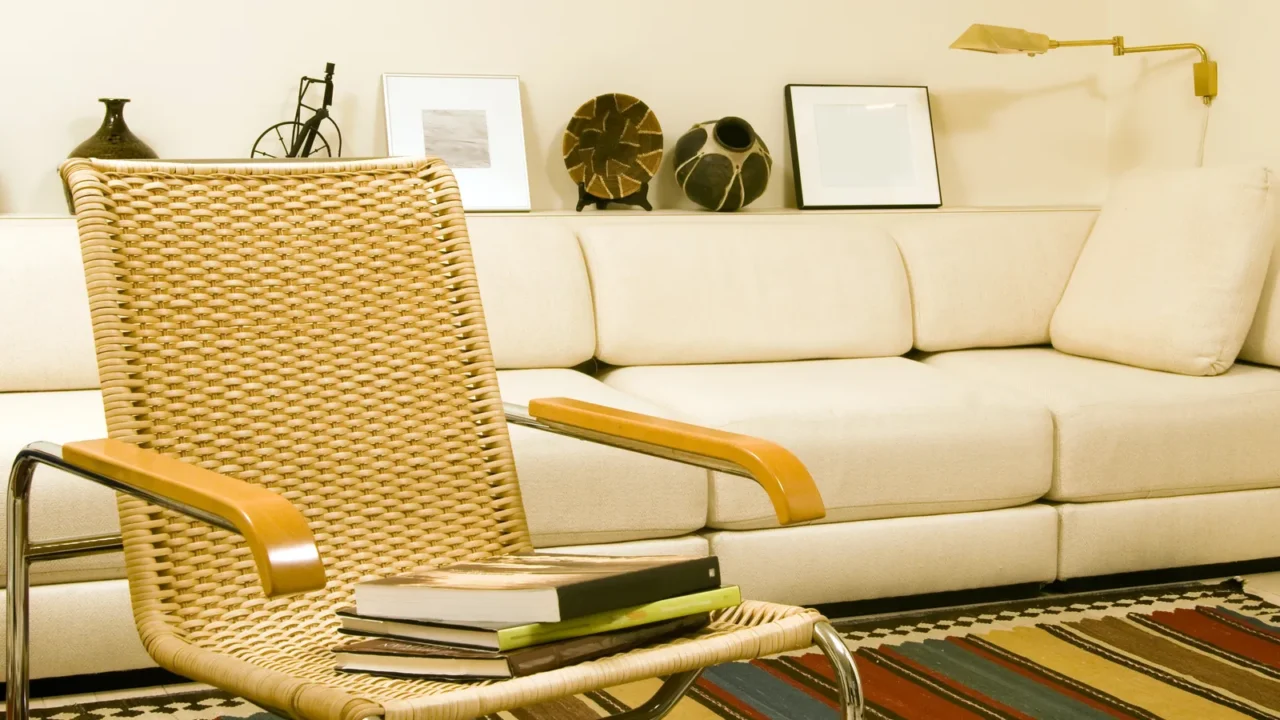
Southwestern
Southwestern feels like a very homey décor style. Native American patterns, woven textiles, and cowhide rugs add texture and cultural depth. Colors like terracotta and turquoise reflect the region’s desert landscapes.
Natural materials such as leather, wood, and clay pottery enhance the organic, handcrafted feel. This nature-inspired aesthetic transforms interiors into warm, vibrant, and culturally rich retreats.
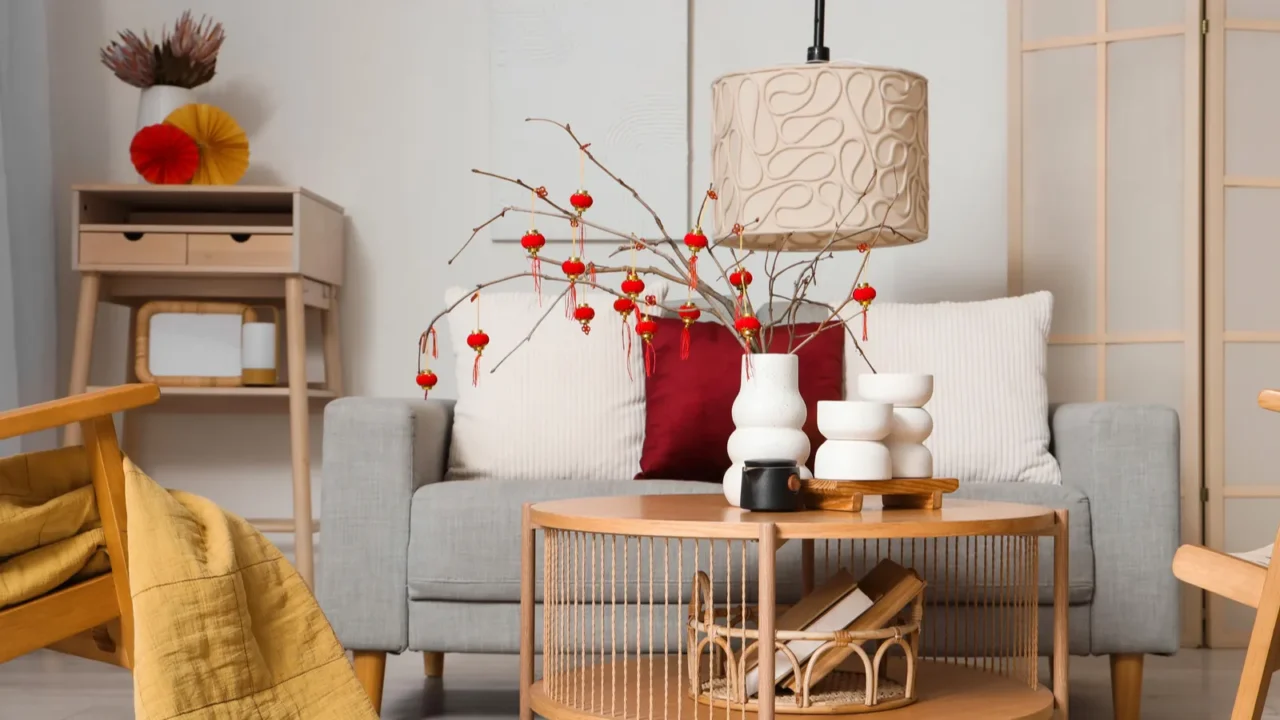
Chinese
Layouts are guided by Chinese design values that encourage tranquility and balance, while traditional items such as folding screens and lantern lighting, add texture and class.
Places are given cultural value through designs that involve calligraphy, dragons, and cherry blossoms. A visually appealing charm that honors Chinese heritage is achieved by the merging of traditional Chinese and modern design.
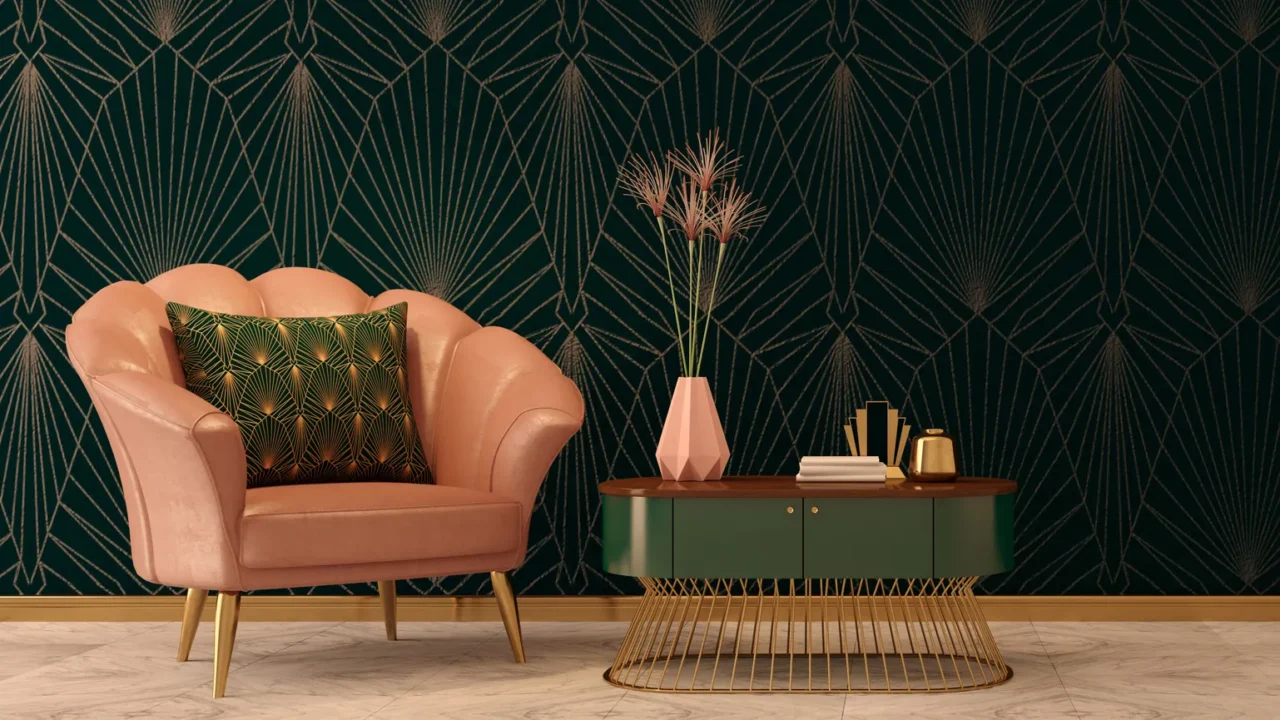
Art Deco
Art Deco culture infuses modern environments with its striking geometric patterns. Identified by refined designs, luminescent metal accents, and luxurious materials like velvet, a sense of luxury is brought about by Art Deco.
Striking contrasts are created using rich hues like emerald green, gold, and black. Mirrored surfaces and chandeliers are examples of statement lighting that adds to the lavish style. This style merges modern minimalism with vintage flair, creating a sophisticated yet timeless appeal.
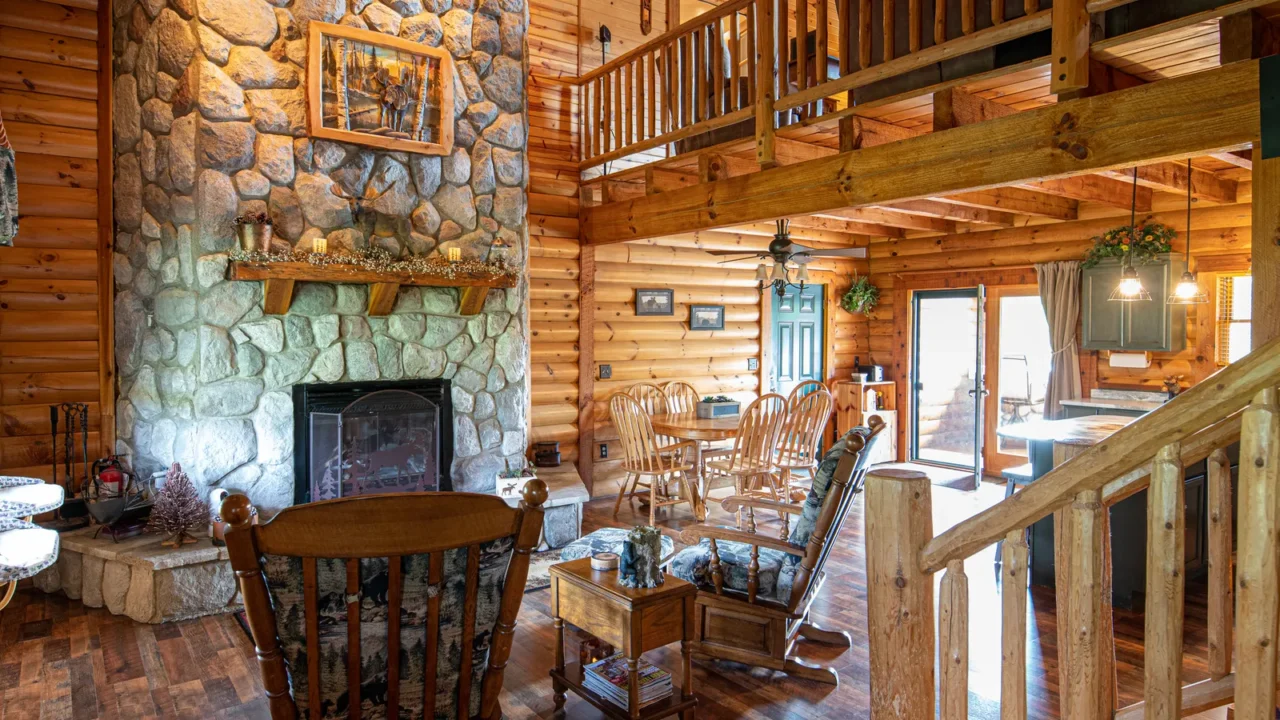
Rustic Farmhouse
A cozy, lived-in vibe is created by using natural materials such as stone, shiplap, and old wood. The neutral hues and vintage accents bring out authenticity and nostalgia.
Mason jars, farmhouse sinks, and barn doors are examples of decorative yet useful accents. This design approach offers a warm, earthy aesthetic that transforms modern living spaces into a warm, inviting area filled with country charm.
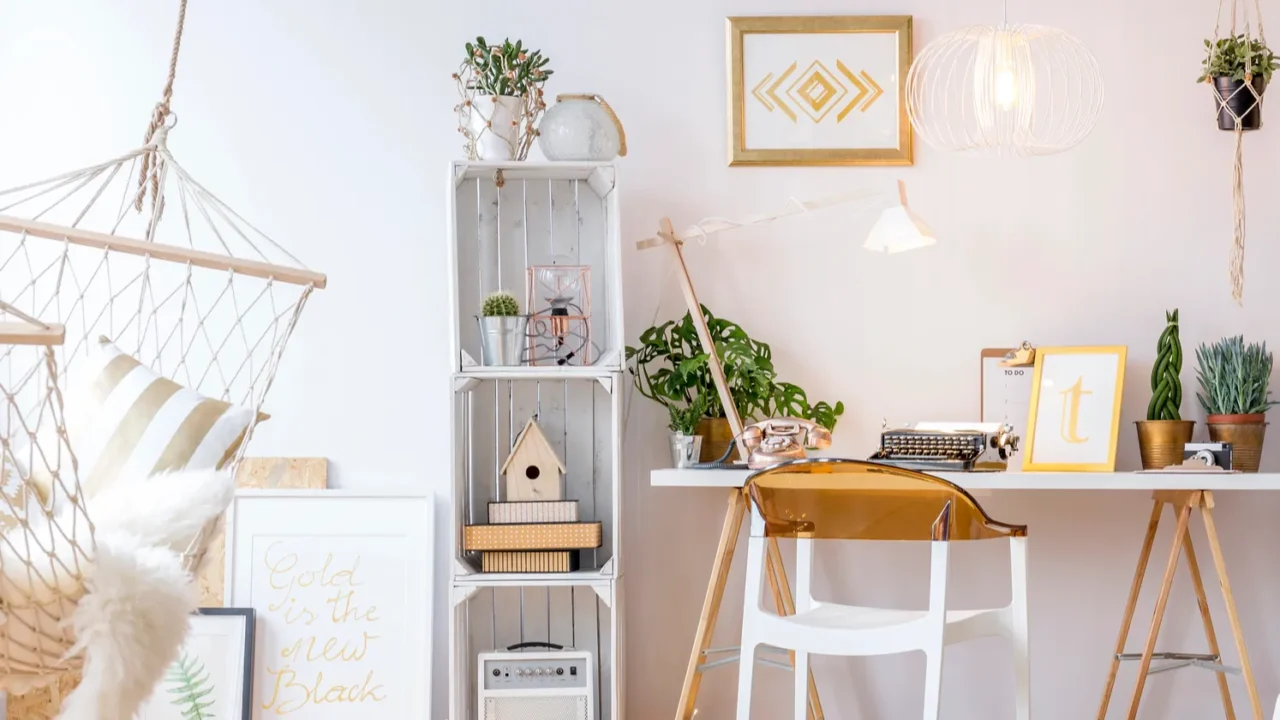
Bohemian (Boho)
Bohemian culture, which encourages uniqueness, inventiveness, and a free-spirited aesthetic, has a strong influence on contemporary home décor. Frequently, it combines vintage and international components.
To create a warm, lived-in vibe, layering is essential, with an abundance of cushions, wraps, and rugs. In contrast to a more minimalist or formal design, bohemian decor offers a laid-back, artistic vibe while celebrating cultural diversity and self-expression.
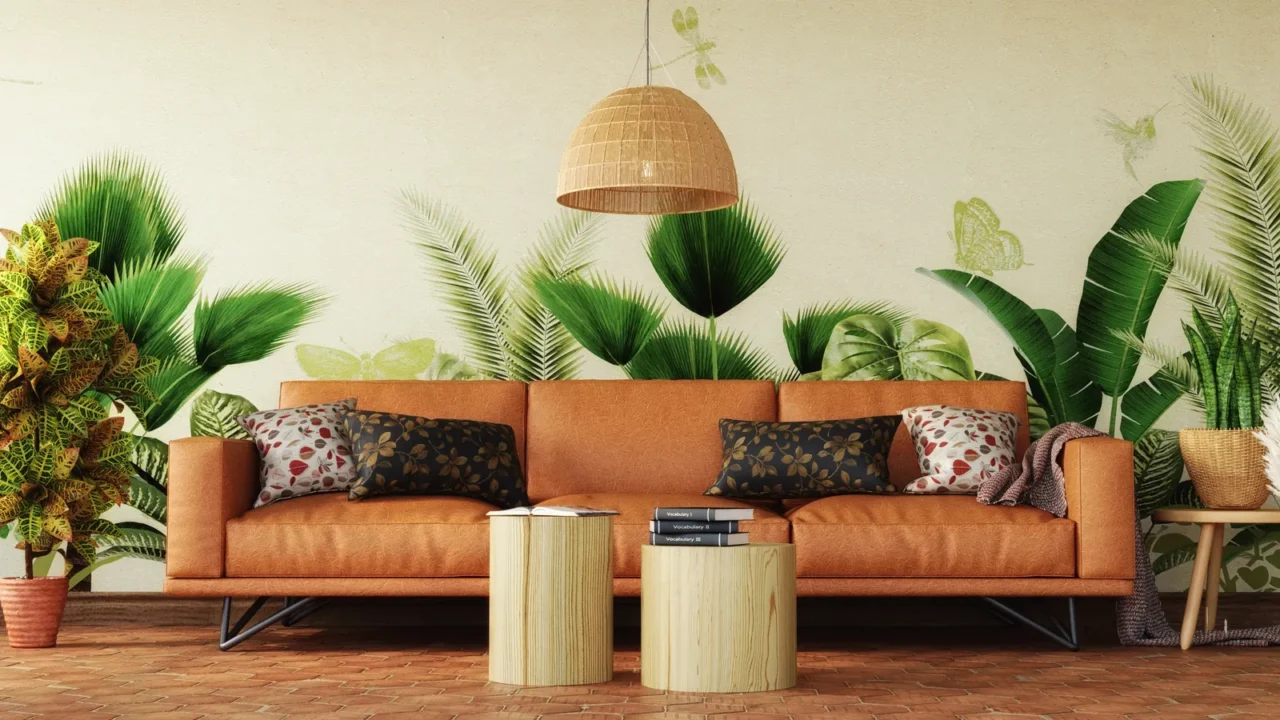
Tropical
Lively colors, organic textures, and a relaxed vibe are all traits of tropical culture. Palm leaves and floral patterns are examples of tropical prints that add a spirited, holiday-inspired feel to spaces.
Vibrant hues like coral and lime green remind you of the vitality of island life, while organic materials like bamboo, rattan, and teak offer warmth and an organic appeal.
Stop missing out on these top outdoor living trends that can turn your backyard into a tropical oasis get inspired now!
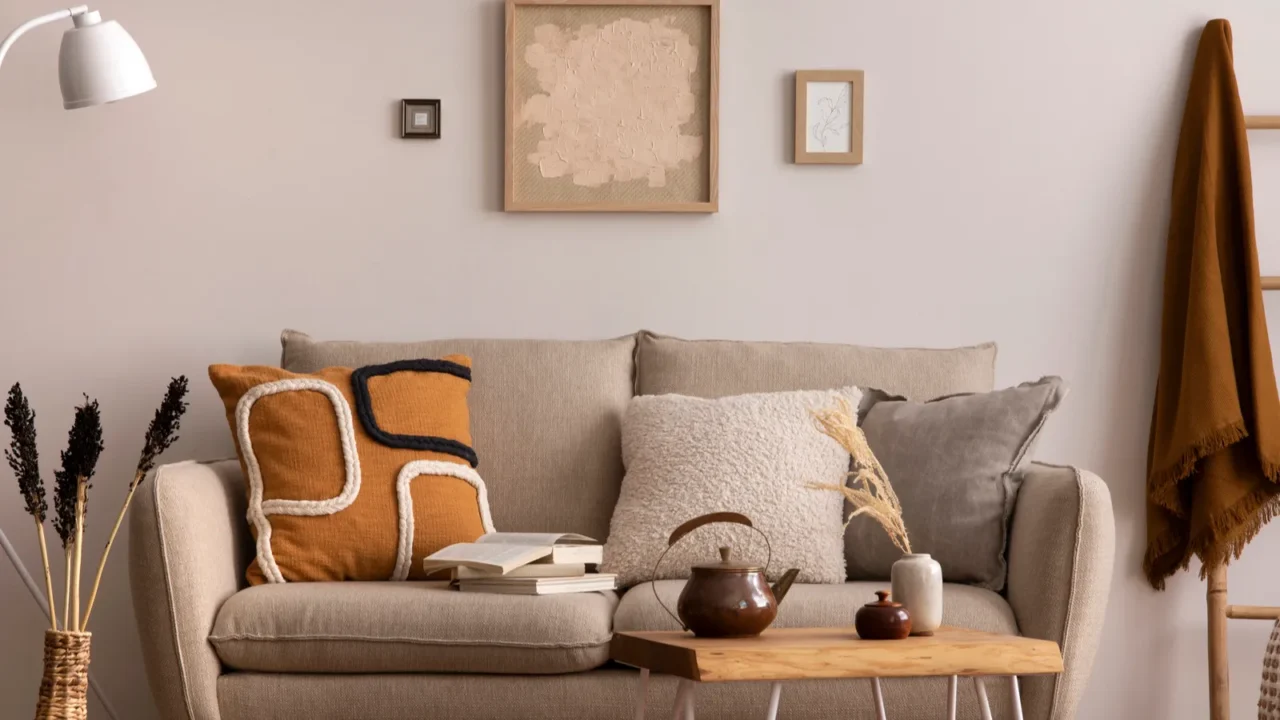
Nordic Hygge
By converting modern homes into calm, friendly areas that honor the art of living simply and finding joy in the little things in life, this design movement aims to create a haven of coziness and connection to one another.
Hygge is a concept used in interior design that includes light colors, natural materials, cushions, handmade ceramics, linen sheets, candles, blankets of various textures, and soft lighting.
Did you find these insights helpful? Let us know in the comments!
Read More from this Brand:
- Smart Home Mistakes That Affect Your Style
- How Gen Z Is Redefining Home Aesthetics
- Add a Gentle Flow to Your Living Room with Curves
Don’t forget to follow us for more exclusive content right here on MSN.